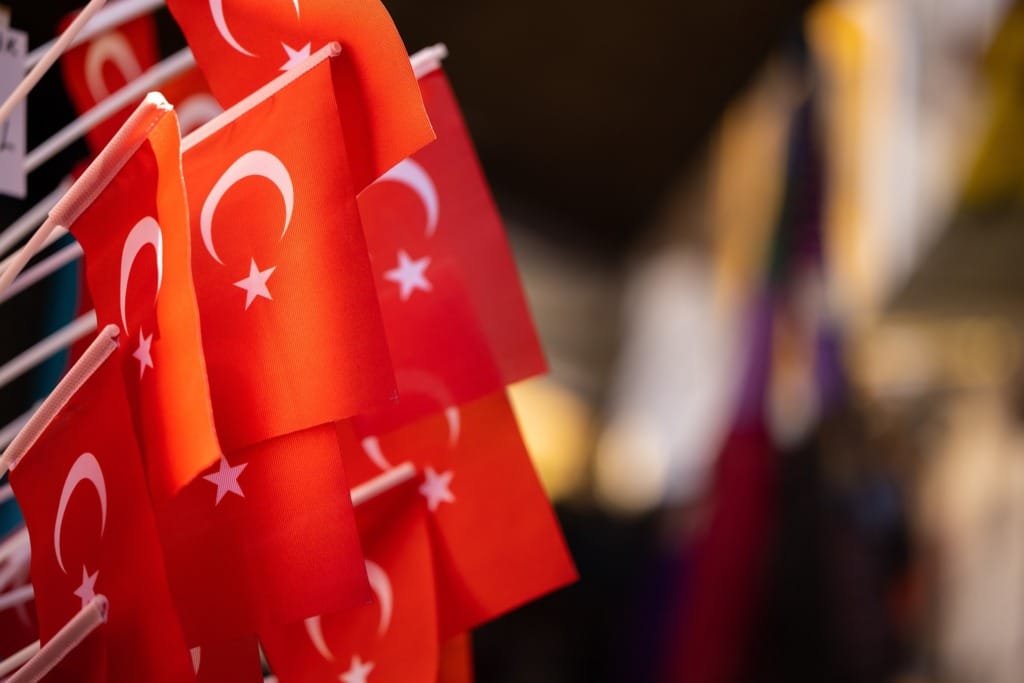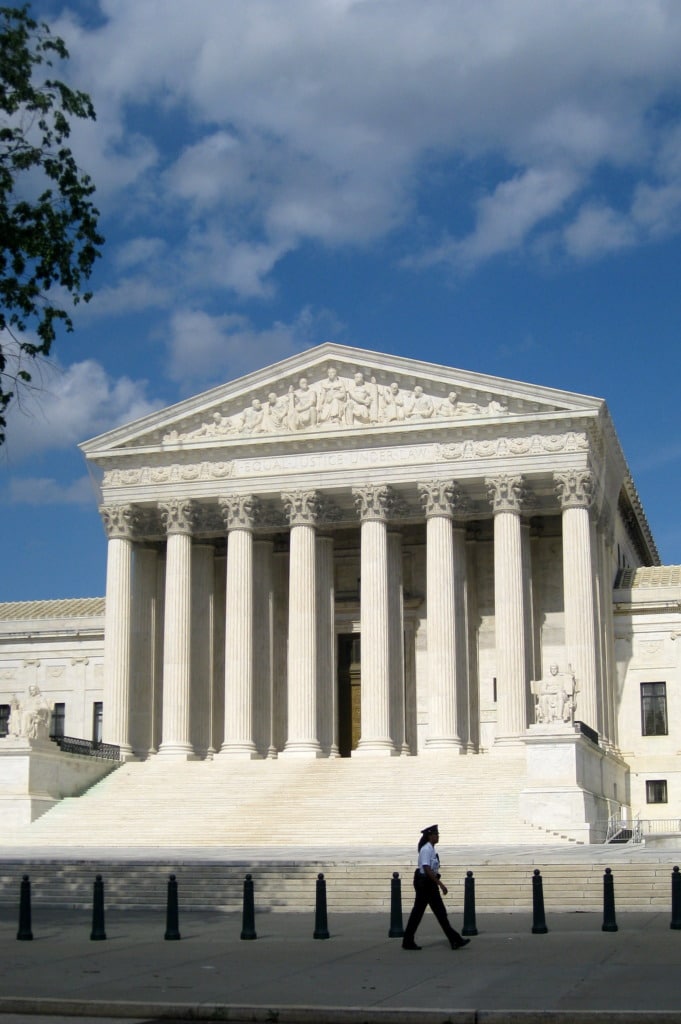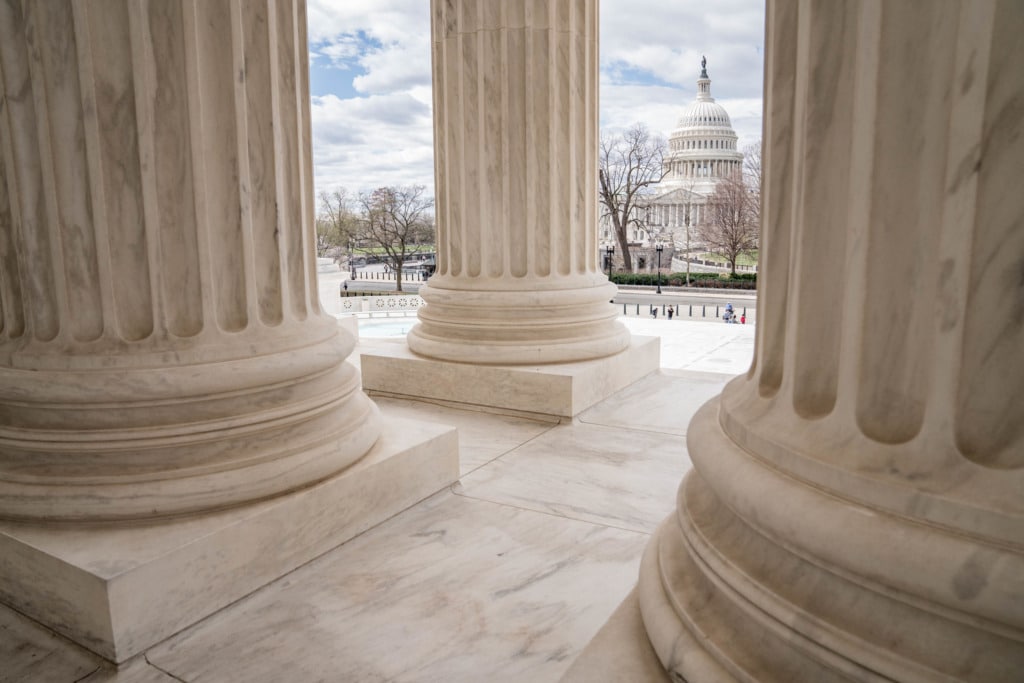DOJ Argues Against Turnover of Argentina’s Assets
On November 6, 2024, the U.S. Attorney for the Southern District of New York sent a letter to Judge Loretta A. Preska arguing against turnover of Argentina’s interests in YPF S.A., a state-owned energy company, to satisfy a breach of contract judgment. The $16.1 billion judgment in Petersen Energia Inversora, S.A.U. v. Argentine Republic arose…
Continue ReadingWhat Deference to the Executive in Halkbank Should Have Looked Like
As previously reported, the Second Circuit issued its opinion in United States v. Turkiye Halk Bankasi (Halkbank) on October 22, 2024, addressing the deference owed to the executive branch’s determination that Halkbank, a Turkish state-owned bank, is not immune from criminal prosecution for violating U.S. sanctions on Iran. Similar questions of deference to the executive…
Continue ReadingHalkbank and the “Unitary” Executive
Last week, the Second Circuit issued its decision on common law immunity in United States v. Turkiye Halk Bankasi A.S., on remand from the Supreme Court. Ingrid thoroughly summarized the Second Circuit’s ruling earlier this week. This post follows up to flag one further aspect of the decision. As readers know, a central question on…
Continue ReadingSecond Circuit Holds for the Government in Halkbank Remand
The U.S. Court of Appeals for the Second Circuit has issued its opinion in U.S. v. Turkiye Halk Bankasi (Halkbank) following the Supreme Court’s decision to remand the case for further consideration of common law immunity issues. The same panel of Second Circuit judges held for the government the first time it heard the case…
Continue ReadingTransnational Litigation at the Supreme Court, October Term 2024
Today is the first day of the Supreme Court’s October Term. This post briefly discusses four transnational litigation cases in which the Court has already granted cert, as well as several others that are in the pipeline and could be decided this Term. Readers can also consult our Supreme Court page. Cases in which the…
Continue ReadingDoes the New York Convention Apply to Investor-State Awards?
On August 9, 2024, in Zhongshan Fucheng Industrial Investment Co. v. Federal Republic of Nigeria, the D.C. Circuit held that Nigeria was not immune from suit to enforce an arbitral award for a Chinese investor under a bilateral investment treaty. The U.S. Foreign Sovereign Immunities Act (FSIA) has an exception to state immunity for actions…
Continue ReadingThe Burden of Proving Foreign Sovereign Immunity
The Supreme Court has granted cert in Republic of Hungary v. Simon and will soon hear oral argument, likely in December. The principal question is how to interpret “property exchanged for such property” under the Foreign Sovereign Immunities Act’s (FSIA) expropriation exception, 28 U.S.C. § 1605(a)(3). But the three issues before the Court also include…
Continue ReadingInterlocutory Appeals and State Sponsors of Terrorism
In a decision only lawyers could love, the Second Circuit held on September 3, 2024, that it lacked appellate jurisdiction over an interlocutory appeal by the Republic of Sudan brought in a multidistrict litigation (MDL) arising out of the terrorist attacks of September 11, 2001. The key issue is when the state-sponsored terrorism exception to…
Continue ReadingChoice of Law in Terrorism Cases Redux
On September 16, 2024, the U.S. District Court for the District of Columbia (Senior Judge Richard J. Leon) decided Messina v. Syrian Arab Republic. This case is the latest in a long series brought by victims of state-sponsored terrorism in the District of Columbia. In a pair of prior posts, I argued that the courts’…
Continue ReadingD.C. Circuit Remands Helms-Burton Case Against Cimex
Exxon (then Standard Oil) owned several subsidiaries in Cuba that were expropriated without compensation by the Cuban government in 1960. In 1996, Congress enacted the Cuban Liberty and Democratic Solidarity Act (CLDS), which permits suits by U.S. plaintiffs against those who traffic in property confiscated by the Cuban government. Exxon has sued Cuban state-owned companies…
Continue Reading








